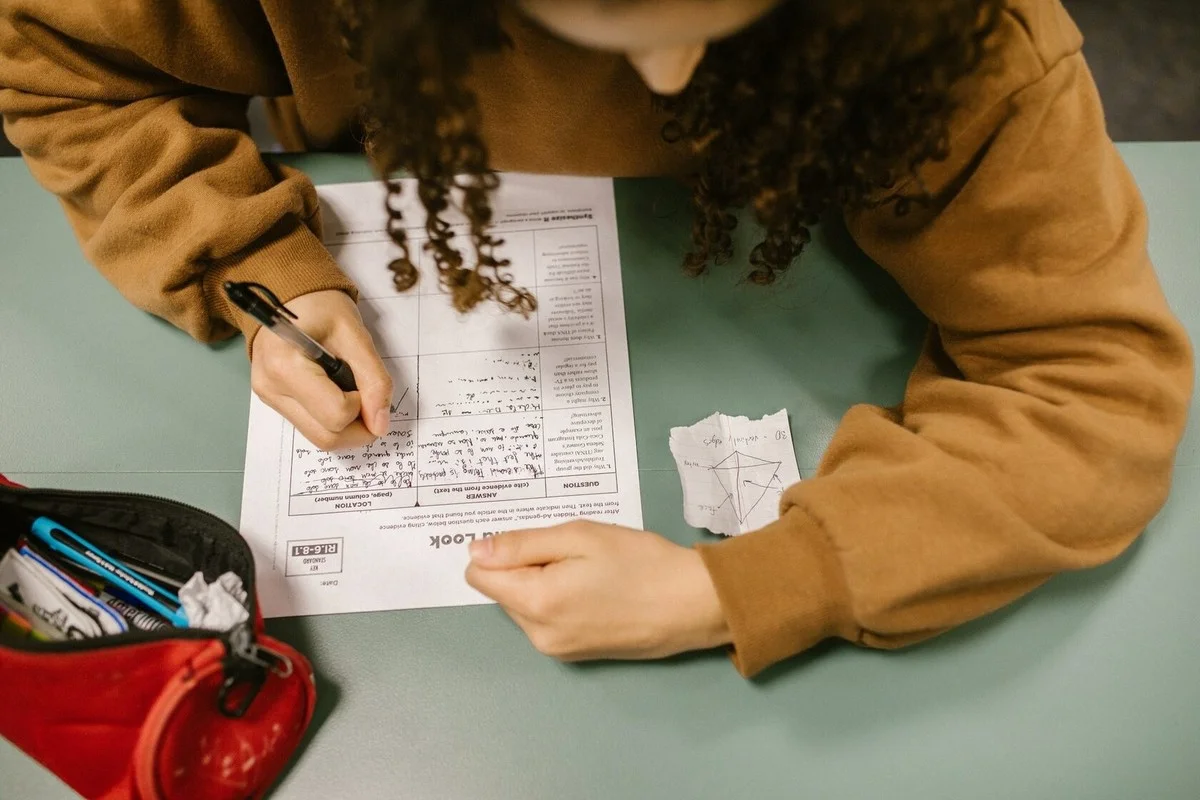30/06/2025
30/06/2025

KUWAIT CITY, June 30: Kuwait Alyoumn has published Decree No. 77 of 2025 in its Monday supplement, announcing amendments to Penal Code No. 16 of 1960. The decree, aimed at reinforcing the legislative framework governing the integrity of the educational process, introduces stricter penalties for exam-related violations in both public and private intermediate and secondary schools.
According to the accompanying explanatory memorandum, the changes address the urgent need to protect the fairness and credibility of examinations, ensuring equal opportunities and preventing manipulation that could undermine students’ academic, professional, or practical futures. The memorandum emphasizes that the premature release or circulation of exam questions or answers compromises the objectivity of assessments and misrepresents students’ true academic performance.
The amended law establishes strong criminal penalties for a range of misconduct, including the leaking of exams, facilitating cheating, and tampering with grades. It underscores that such behavior threatens not only individual fairness but also the credibility of the educational system as a whole.
New Legal Provisions Introduced
Article (259) bis
This article criminalizes the following acts when committed with the intent to facilitate cheating, disrupt exams, or undermine their credibility:
- Printing, publishing, broadcasting, promoting, selling, or leaking test questions or answers for intermediate and secondary school exams (public or private), by any means.
Violators face imprisonment of not less than two years and not more than five years, and a fine ranging from KD 1,000 to KD 5,000, or either penalty.
If the offender is directly involved in supervising, preparing, organizing, transporting, delivering, or storing the exams, the punishment increases to:
- Imprisonment of up to seven years
- Fine between KD 5,000 and KD 10,000
- Mandatory confiscation of tools or materials used in committing the crime.
To distinguish between criminal behavior and legitimate academic preparation, the law specifically excludes the use of past exam papers or mock questions and answers for training purposes from prosecution.
Article (259) bis (a)
This article targets unauthorized modification of student answers or grades in intermediate or secondary exams.
Those who alter test responses or grades without justification will face:
- Imprisonment of up to seven years
- Fine between KD 5,000 and KD 10,000, or one of the two penalties.
If the act is committed by someone assigned to correction, evaluation, or grade entry, the punishment increases to:
- Imprisonment of up to ten years
- Fine ranging from KD 5,000 to KD 20,000
The memorandum emphasizes that such acts constitute a serious violation of professional ethics and threaten the fairness of educational evaluations, with long-lasting consequences for equal opportunity and public trust.
This legislative update forms part of Kuwait’s broader strategy to uphold the values of equality, academic integrity, and meritocracy. By criminalizing practices such as exam leaks and grade manipulation, the government aims to ensure transparency, discipline, and public confidence in the nation’s education system.
By Jaber Al-Hamoud
Al-Seyassah/Arab Times Staff


